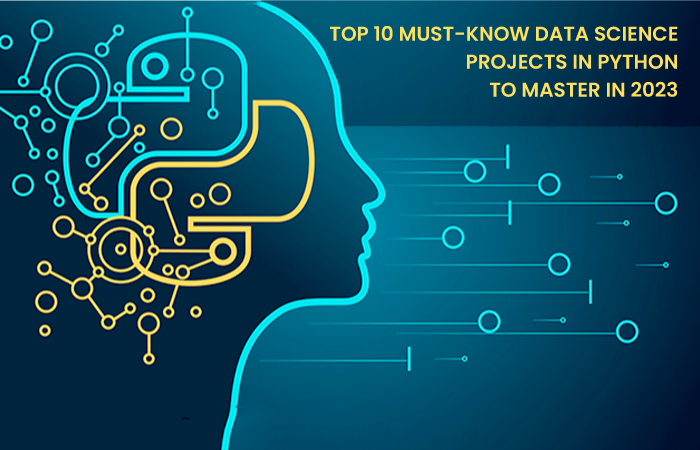Machine learning has emerged as one of the most promising and exciting fields in recent years. From self-driving cars to virtual assistants, machine learning is transforming the way we interact with technology. In 2023, machine learning is expected to make significant progress, and it’s essential to keep up with the latest trends and developments in this field. In this article, we’ll explore what you need to know about machine learning in 2023.
Increased Adoption of Reinforcement Learning
Reinforcement learning is a type of machine learning that allows machines to learn by interacting with their environment. It is widely used in robotics, gaming, and autonomous vehicles. In 2023, we can expect increased adoption of reinforcement learning in various industries, including healthcare, finance, and education.
Edge Computing and Machine Learning
Edge computing is the practice of performing data processing and analysis on local devices rather than relying on cloud-based systems. In 2023, we can expect increased integration of machine learning algorithms with edge computing, allowing for real-time decision-making and improved performance.
Federated Learning
Federated learning is a distributed machine-learning technique that enables the training of machine-learning models on decentralized data sources, such as mobile devices. In 2023, we can expect increased adoption of federated learning, which offers several benefits, including improved privacy and reduced data transmission costs.
Explainable AI
Explainable AI is a branch of machine learning that aims to make machine learning algorithms more transparent and understandable. In 2023, we can expect an increased focus on developing explainable AI models that can help build trust and credibility in machine learning systems.
Quantum Machine Learning
Quantum machine learning is a field that combines quantum computing and machine learning. In 2023, we can expect increased research and development in this area, which has the potential to revolutionize machine learning by allowing for faster and more efficient computation.
Automated Machine Learning
Automated machine learning is the practice of automating the process of building and deploying machine learning models. In 2023, we can expect increased adoption of automated machine learning platforms, which will help democratize machine learning and make it accessible to non-experts.
Transfer Learning
Transfer learning is a technique that allows the transfer of knowledge from one machine learning model to another. In 2023, we can expect increased adoption of transfer learning, which can significantly reduce the time and resources required to train machine learning models.
Natural Language Processing
Natural language processing (NLP) is a field of study that focuses on enabling machines to understand and interpret human language. In 2023, we can expect increased research and development in NLP, which will enable the development of more advanced virtual assistants, chatbots, and language translation systems.
Machine Learning Ethics
Machine learning ethics is an emerging field that focuses on ensuring the ethical use of machine learning algorithms. In 2023, we can expect increased focus on machine learning ethics, which will help ensure that machine learning is used for the betterment of society.
Democratization of Machine Learning
Democratization of machine learning refers to the trend of making machine learning accessible to a broader audience, including non-experts. In 2023, we can expect increased focus on democratization of machine learning, which will help spread the benefits of machine learning to more people and organizations.
In conclusion, machine learning is a rapidly evolving field that is expected to make significant progress in 2023. From increased adoption of reinforcement learning and federated learning to quantum machine learning and automated machine learning, the trends and developments in this field are exciting and promising. As machine learning becomes more accessible and democratized, it has the potential to transform various industries and improve our lives in countless ways.
